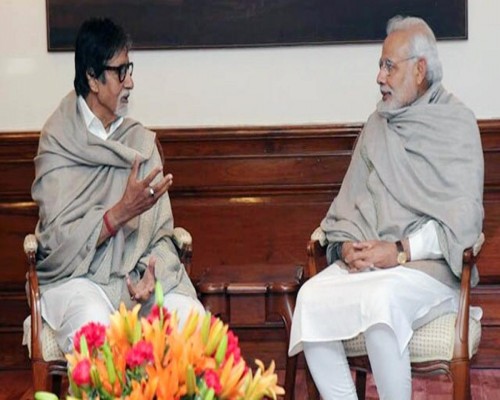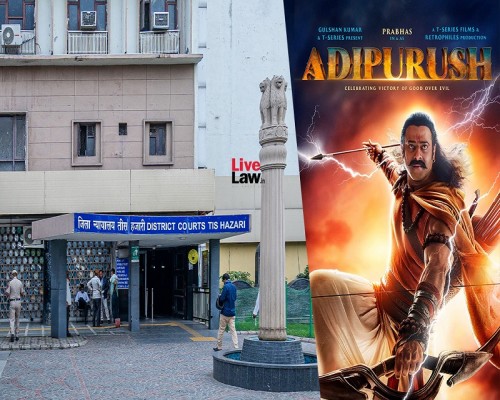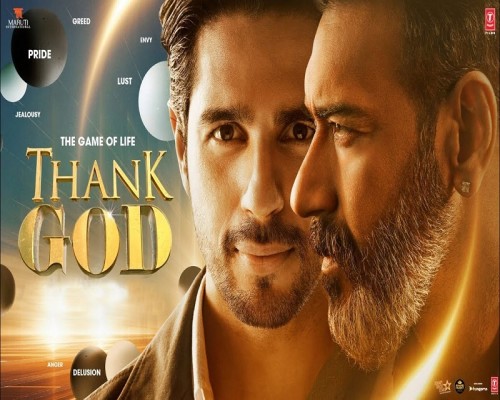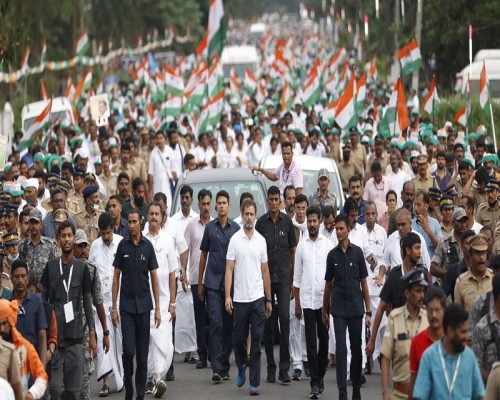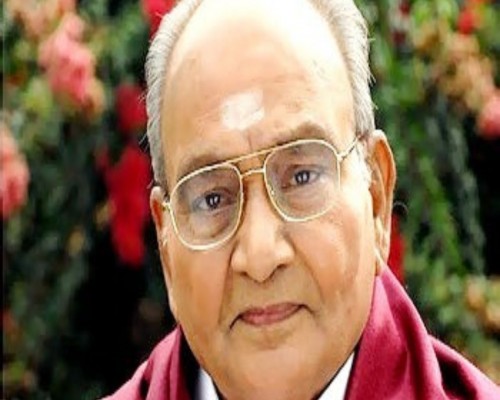The Filmmaker Who Brought Truth to the Silver Screen
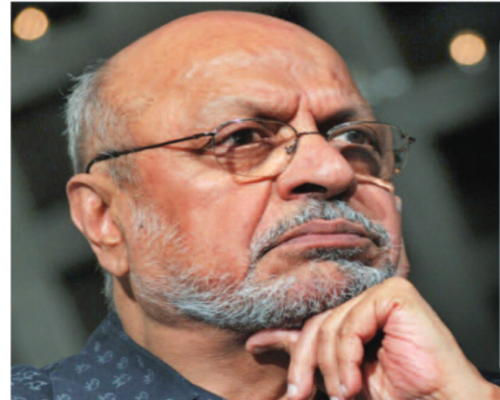
Shyam Benegal, a name synonymous with parallel cinema in Bollywood, is celebrated for redefining Indian cinema. Known as a pioneer of realistic storytelling, his work bridges the gap between art and commercial cinema, giving audiences films rooted in truth and societal relevance. With seven National Film Awards and the prestigious Dadasaheb Phalke Award to his credit, Benegal’s contribution to Indian cinema remains unparalleled.
A Journey Rooted in Storytelling
Born on 14 December 1934 in Hyderabad, Benegal developed an early passion for storytelling. His fascination with cinema began at a young age, creating his first short film at just 12 years old. This early spark laid the foundation for a career dedicated to authentic and socially relevant storytelling.
Benegal’s cinematic journey formally began in 1959, when he started working in advertising as a copywriter and later as a filmmaker for commercials. However, it was his transition to feature films that cemented his legacy.
The Rise of Parallel Cinema
In the 1970s, Shyam Benegal spearheaded India’s parallel cinema movement, focusing on realistic narratives that highlighted societal issues. His debut feature film, "Ankur" (1974), became a landmark in Indian cinema. Starring Shabana Azmi and Anant Nag, the film explored themes of rural exploitation and human emotions with a nuanced perspective. "Ankur" not only received critical acclaim but also established Benegal as a filmmaker who dared to portray unvarnished realities.
This was followed by several impactful films, including:
• "Nishant" (1975): Addressing social oppression.
• "Manthan" (1976): A unique crowdfunded film, backed by 5 lakh farmers, showcasing the cooperative dairy movement.
• "Bhumika" (1977): Delving into the complexities of a woman’s life in the entertainment industry.
Legacy of Awards and Recognition
Benegal’s dedication to meaningful cinema earned him numerous accolades:
• Dadasaheb Phalke Award in 2005, recognizing his lifetime contribution to Indian cinema.
• Padma Shri (1976) and Padma Bhushan (1991) from the Government of India.
• Seven National Film Awards for Best Feature Film, cementing his position as a cinematic legend.
Shaping Generations of Artists
Shyam Benegal’s influence extends beyond his films. He mentored many renowned actors and filmmakers, including Shabana Azmi, Naseeruddin Shah, Smita Patil, and Om Puri, who became the face of parallel cinema. His films served as a platform for these talents, showcasing their abilities in roles that were both challenging and socially significant.
Contributions to Television
In addition to his films, Benegal made significant contributions to Indian television. His series "Bharat Ek Khoj", based on Jawaharlal Nehru’s "The Discovery of India," became a cultural milestone, educating audiences about India’s rich history and heritage.
A Visionary for a Better Society
Benegal’s films have consistently reflected his belief in cinema as a tool for social change. His work tackled issues like gender inequality, rural exploitation, caste discrimination, and human rights, encouraging dialogue and awareness among audiences.
The Man Behind the Camera
Even in his later years, Benegal remained active, inspiring filmmakers to explore stories rooted in reality. His humility, intellect, and dedication to the craft have made him a respected figure in the film industry and beyond.
As Shyam Benegal approaches his 90th year, his legacy serves as a testament to the power of storytelling in shaping society and culture. His journey from a passionate young filmmaker to a celebrated icon of Indian cinema continues to inspire generations.





